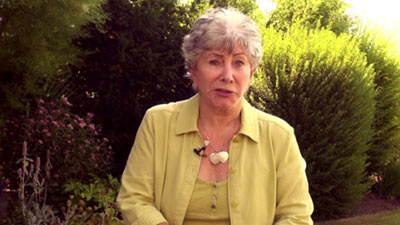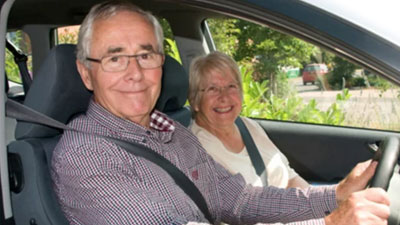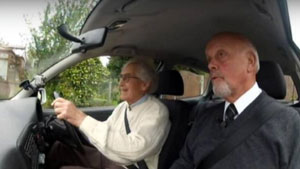Deciding to Retire from Driving

Reaching the decision to give up driving is not easy because access to a car provides independence and mobility. However, this must be balanced against the risk to yourself and other road users if you continue to drive when it is no longer safe.
You must stop driving if the DVLA (or the DVA if you live in Northern Ireland) has told you to stop.
You must also stop driving if your doctor has advised you to stop. Your doctor will have thought long and hard before doing this, and will only advise you to stop driving if they are certain that it is no longer safe for you to drive.
If you have not been told to stop driving, but you, or a family member or friend, are concerned about your driving and think that it may be time for you to stop, discuss this with your doctor.
The Self-Assessment checklist may help you to decide whether it is time to think about retiring from driving. As a general guide it may be time to give up driving if:
- You feel less confident, and worry more, about driving than you used to
- You get lost on roads that you know well
- Your reactions are noticeably slower than they used to be
- You find it difficult to judge speed and distance
- You have had a number of near misses lately
- Your passengers are concerned about your driving
- You have a medical condition that might affect your driving; see Common Conditions for more advice
- Your eyesight is getting worse
You could also take a driving assessment to help you decide.
The following films provide helpful advice on considering the difficult question of whether to retire from driving.

The process of ageing
Essential information for drivers

Top tips
Stay as safe as possible for as long as possible.
Deciding it’s time to give up your driving licence and to retire from driving can be very difficult, but remember that if you are involved in an accident that was caused or partly caused by your health and fitness to drive, you could face prosecution and your insurance might be cancelled. Even worse, you might injure, or even kill, yourself or another person.
When you decide to stop driving or are advised by your doctor to stop, you’ll need to tell the DVLA (or the DVA if you live in Northern Ireland) and send them your licence. More details on what to do are available at Surrendering Your Driving Licence

Retiring from driving does not mean that you will lose your freedom and mobility, as there are many alternatives to driving.
It may even make good financial sense to use your money for other ways of getting about, rather than for owning and running a car, especially if you drive less than 2,000 miles a year. You would get money from selling your car, and save money because you no longer have to pay for insurance, MOTs, servicing, fuel, parking and repairs.
If you no longer use your car very much, it may make good financial sense to give it up and use the money you save for other ways of getting about. Use the Cost Calculator to estimate how much it costs you to run your car and how much you would need to spend on public transport if you sold it, to work out roughly whether it would make financial sense to do so.
See Alternatives to Driving for further advice.









